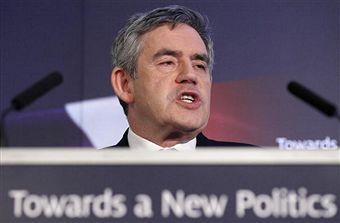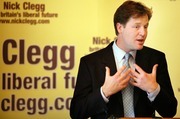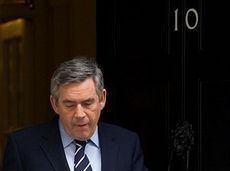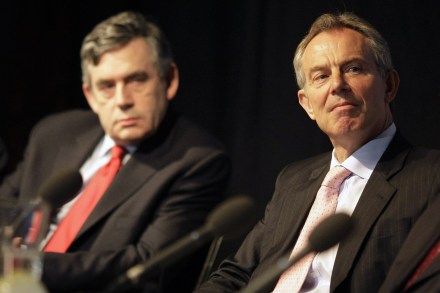A day to damage Brown?
Contain yourselves, CoffeeHousers. I know that we’re all really excited about today’s Parliamentary vote on an alternative vote referendum (it is, after all, something our Prime Minister has described as “a rallying call for a new progressive politics”), but it isn’t a done deal just yet. That “new politics” might still be put on hold. Indeed, things could get messy for Brown in just a few hours time. You’d expect him to win the vote, what with Labour’s majority and the creeping sense that Downing St very much wants this to happen. But even the slightest hint of a Labour rebellion, or of Lib Dem disquiet, and the story could




















